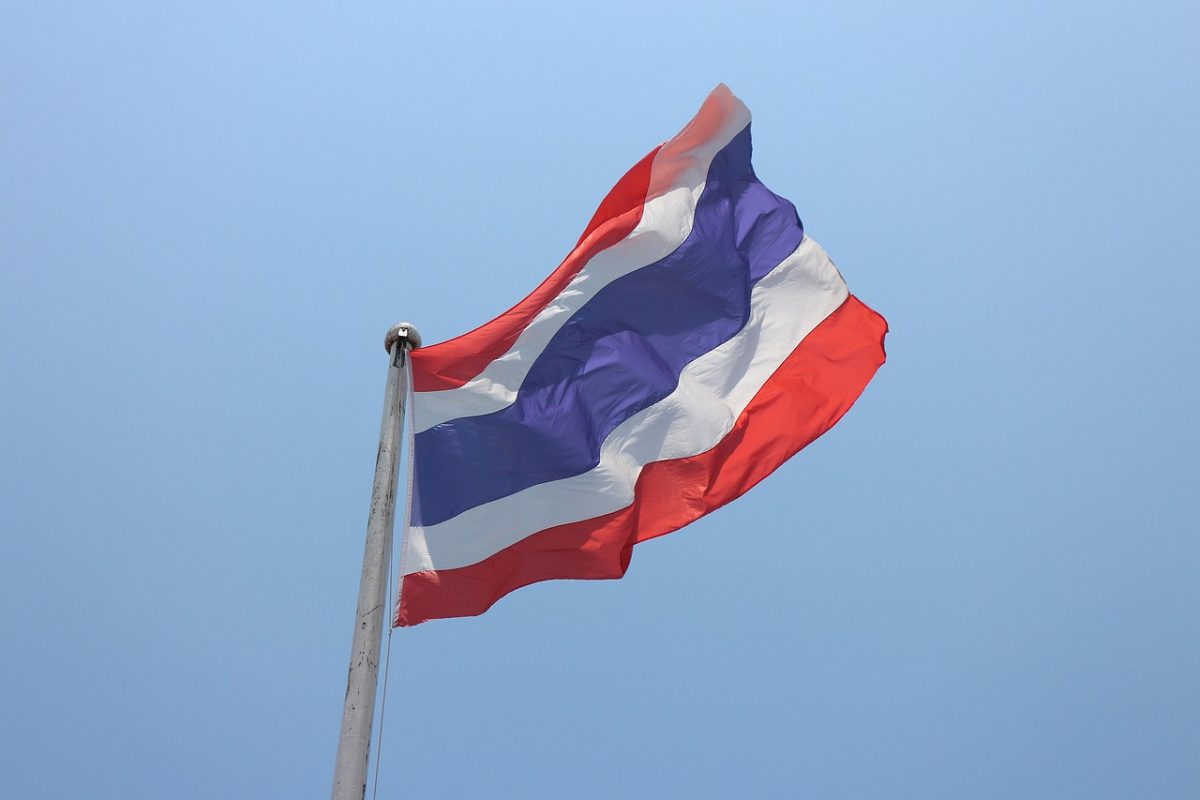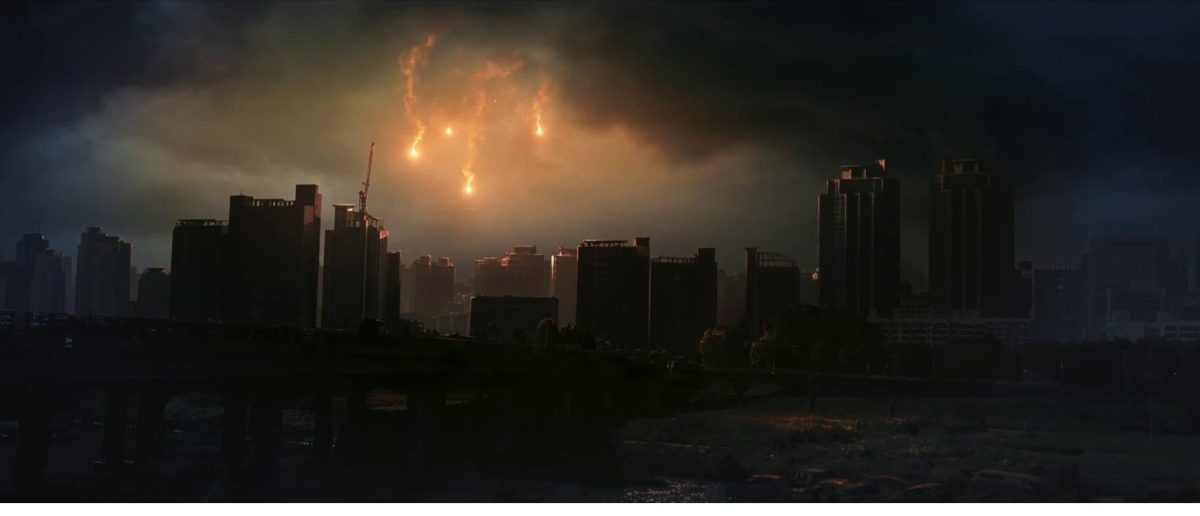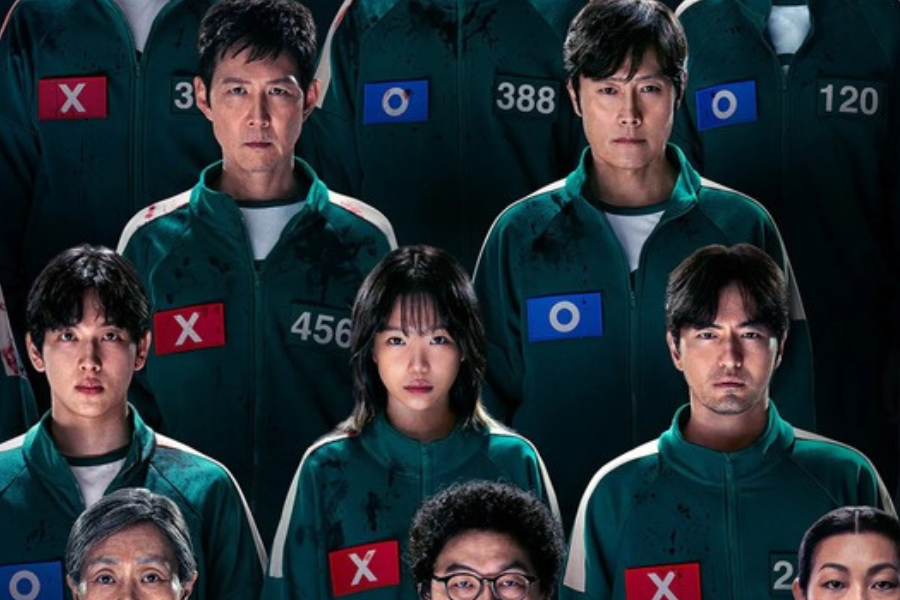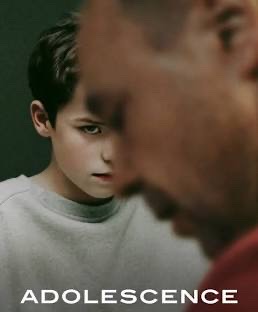Imagine going on a ship to flee a zombie apocalypse in your home country, only to find out that a passenger onboard is infected with the virus. You can not flee, you don’t know what to do, so, what is next?
After the release of South Korean thriller, Train To Busan (2016), a film by the name of Peninsula, debuted four years after the zombie apocalypse style movie. Many viewers were left wanting more, and producers listened.
Though not a direct continuation of the original’s characters of Train To Busan, Peninsula dives back into the same setting (South Korea) , four years after the outbreak that brought the country further apart. It swaps the train setting for dystopian urban sprawl, trading emotional perspective for high-octane action scale.
Set in 2024, the film follows Jung-seok, a former soldier who escaped to Hong Kong during the initial outbreak. Haunted by guilt and rejection, he is recruited for a risky mission: return to the peninsula to retrieve a truck loaded with $20 million in cash. But what would you expect to happen? A good mission without challenges?
But obviously, it did not go as expected.
Jung-seok and his team discover that not only are the zombies still roaming the streets, but survivors have developed into violent, militarized groups. Among the chaos, Jung-seok finds a family of survivors, including two fearless young girls and their mother, who may offer him redemption and a second chance at life. But in the film Train to Busan, some characters did not get as lucky.
Unlike Train to Busan, which was praised for its tight pacing and emotional resonance, Peninsula leans more toward an action point of view. Car chases, gun battles, and survival scenes dominated the stage. Some praised Yeon Sang-ho for broadening the universe and taking creative risks. Others felt the film lost the human heart that made Train to Busan so compelling.
“Peninsula is a bold, kinetic ride,” wrote film critic Jason Bechervaise in Screen Daily, “but in trading pathos for pyrotechnics, it sacrifices much of what made its predecessor so special.”
Still, the film offers thrilling moments, particularly in the intense car chase sequences with children outmaneuvering zombies and soldiers alike. Like Train to Busan, Peninsula carries undercurrents of social critique. The film explores themes of abandonment, class divide (between the rich and poor, as we are the zombies), and moral decay in the absence of order. This was also similar to the sister film, as it was heartfelt.
Jung-seok’s guilt over leaving behind his home country and family mirrors the broader theme of survivor’s remorse, while Unit 631 represents what happens when humans become more violent than the survivors. This film is also related to the COVID-19 pandemic in a way.
In many ways, the zombies in Peninsula take a backseat to the cruelty and desperation of the living. Released during the global COVID-19 pandemic, Peninsula faced a unique set of challenges. It was a box office success in Asia, particularly in South Korea, Taiwan, and Vietnam, grossing over $42 million worldwide, despite global cinema shutdowns. International critics, however, with the film holding a 54% rating on Rotten Tomatoes. But the movie was an overall success.
Still, fans of the genre found much to enjoy. For viewers craving adrenaline and action, Peninsula delivered a gory, fast-paced zombie thriller with a different Korean take. Peninsula may not recapture the entirety of Train to Busan, but it succeeds in expanding a unique cinematic theme, more so with zombies. Whether seen as a solo action film or as part of a larger saga, it stands as another testament to South Korea’s rising influence in global genre cinema.






































